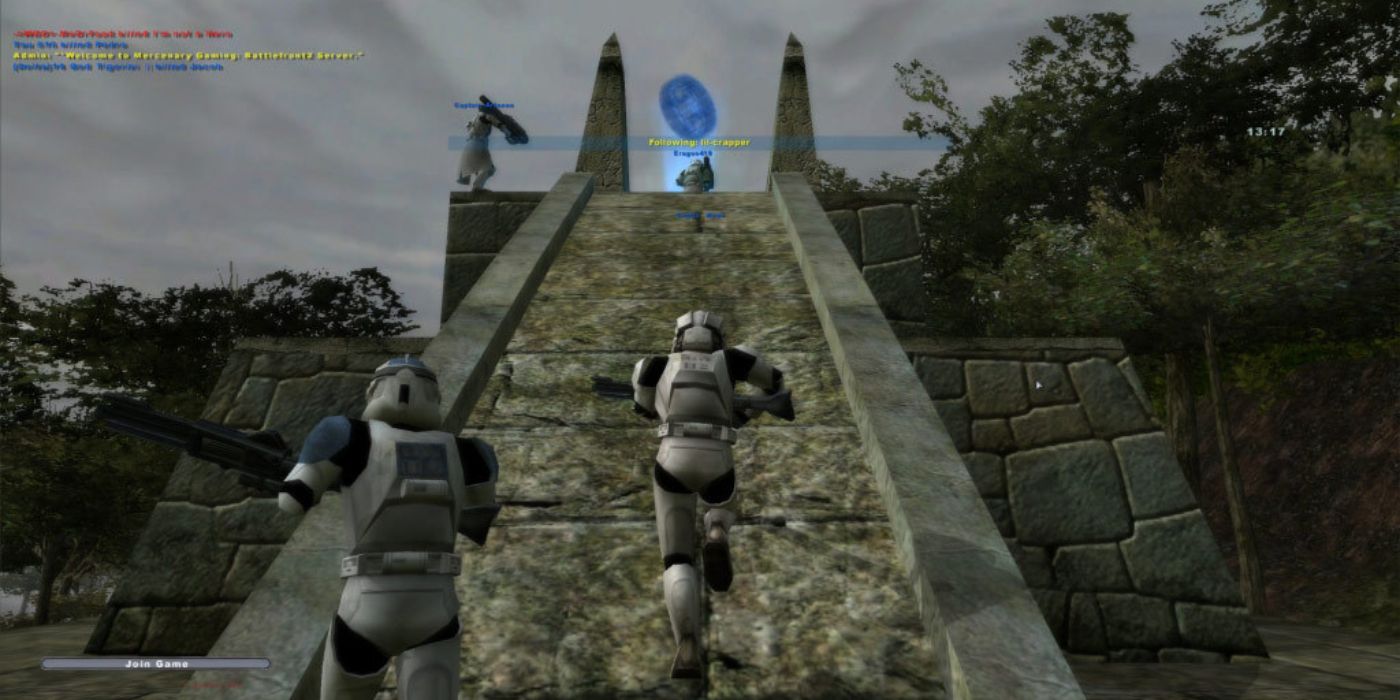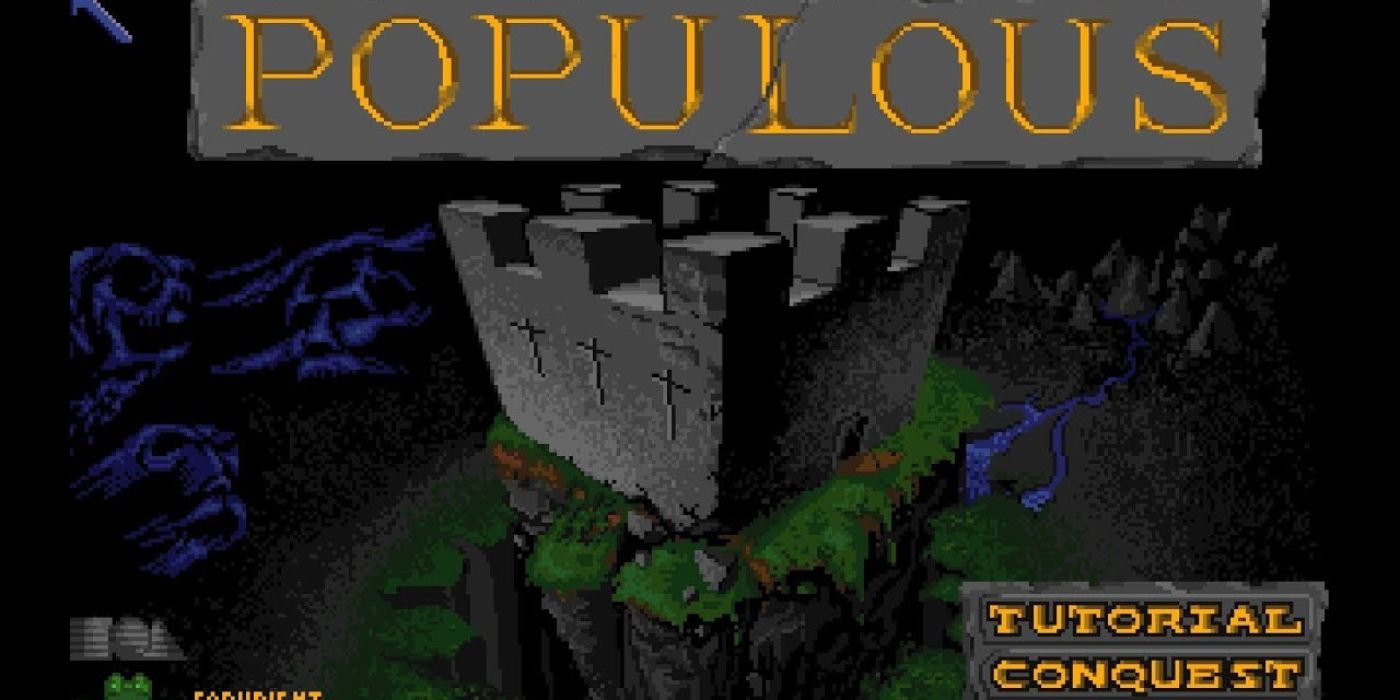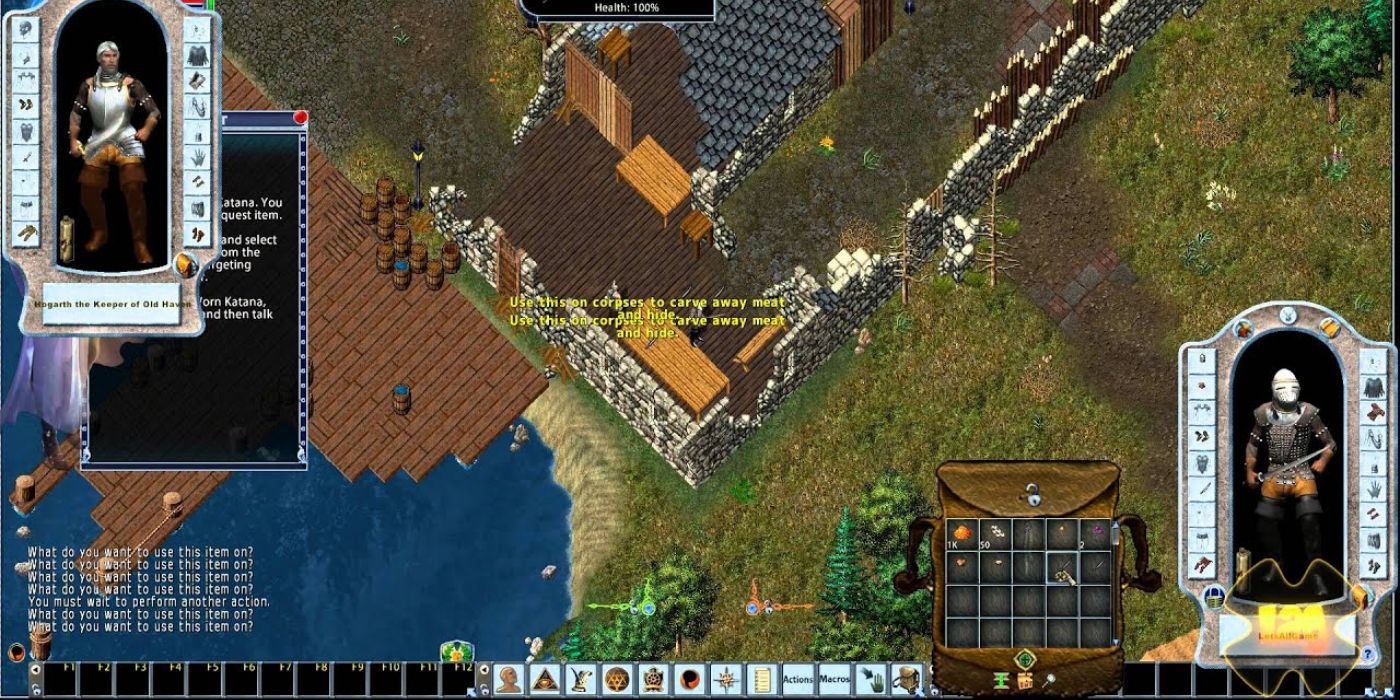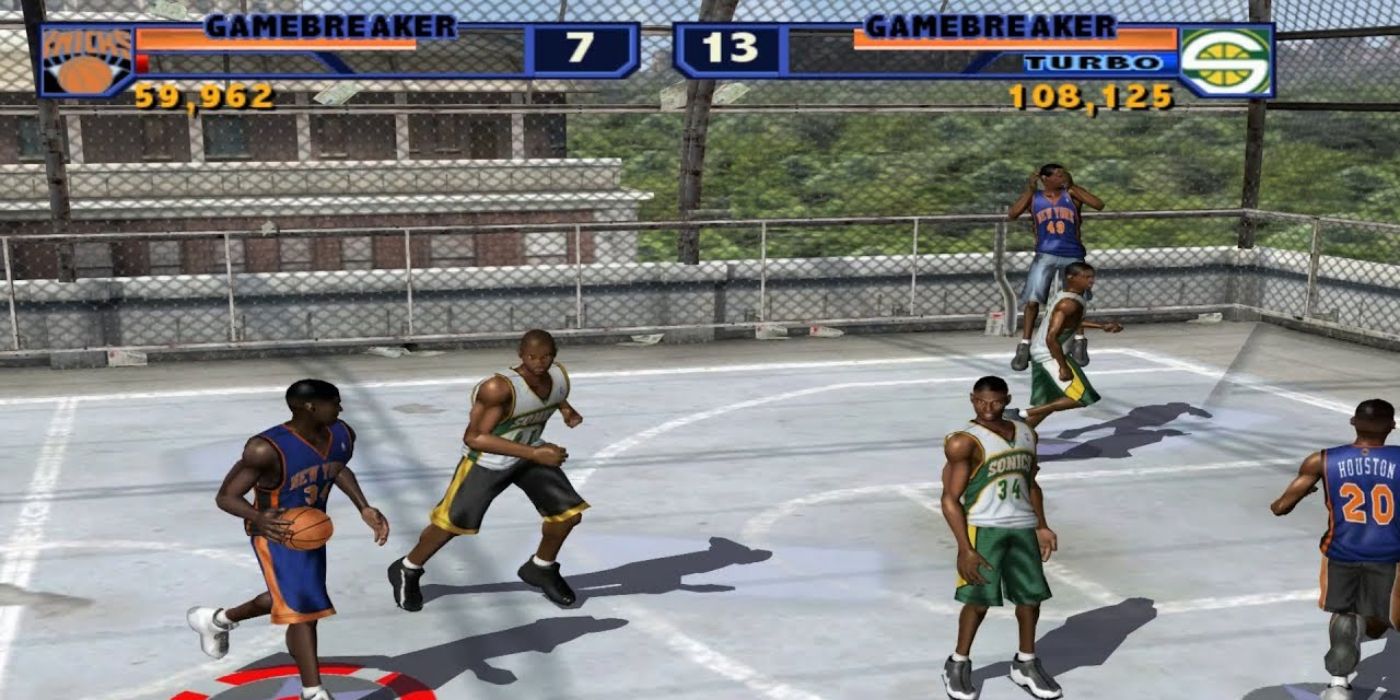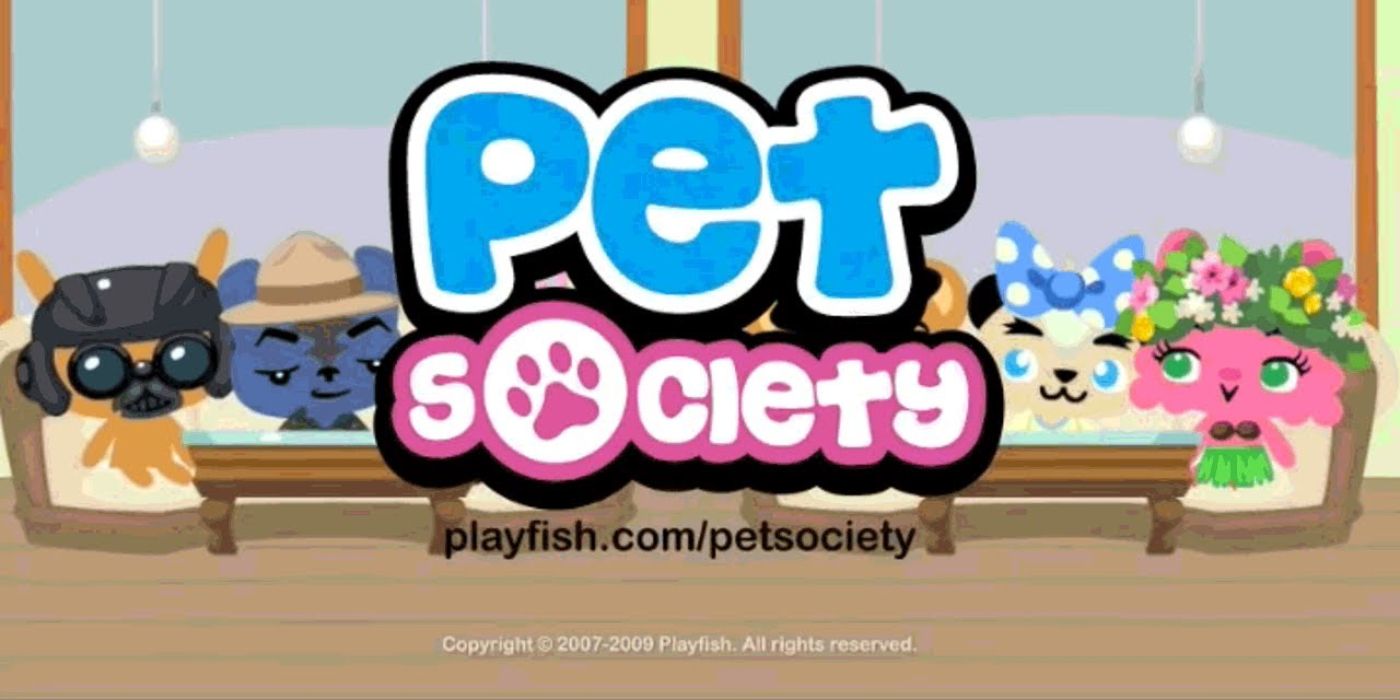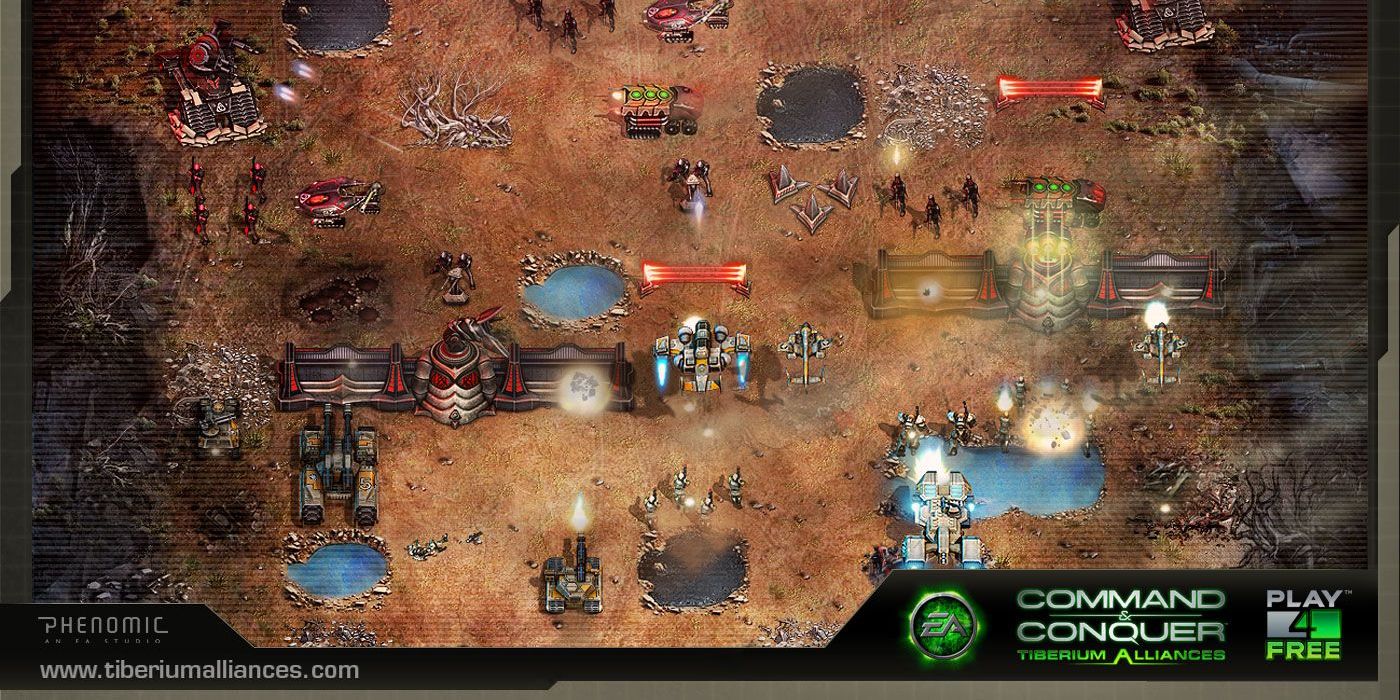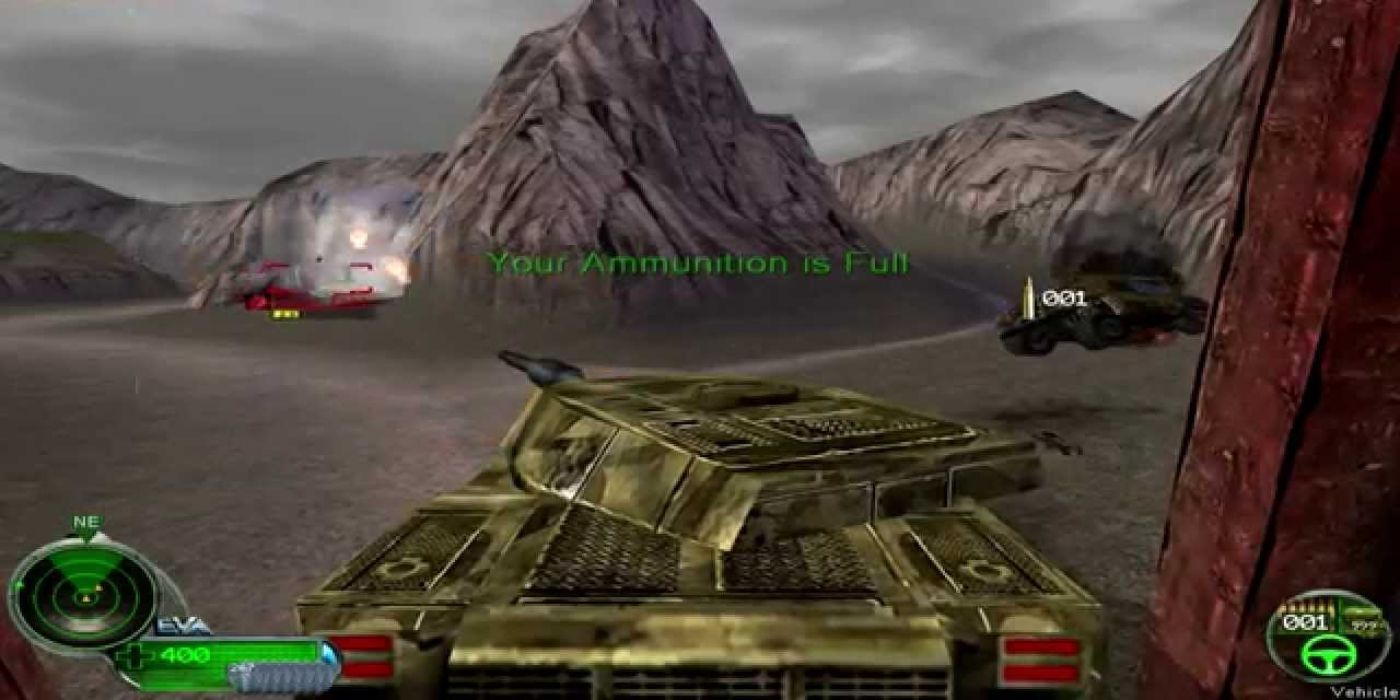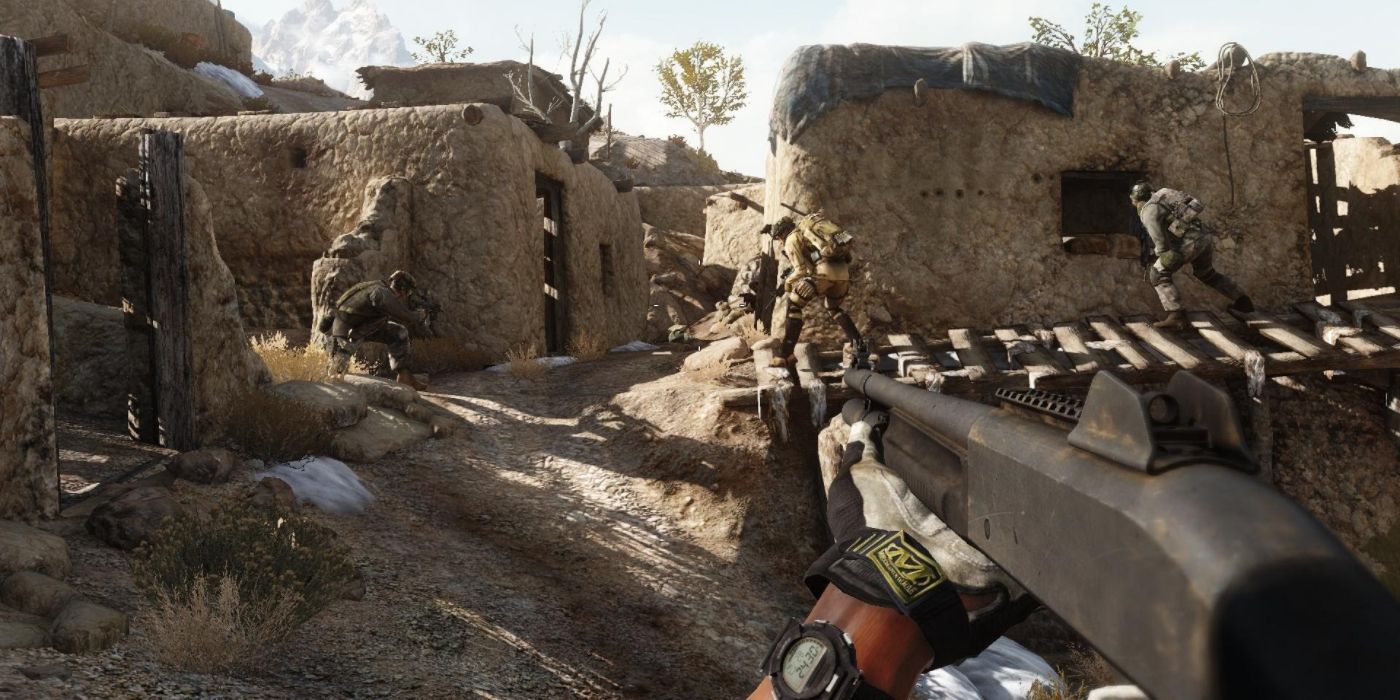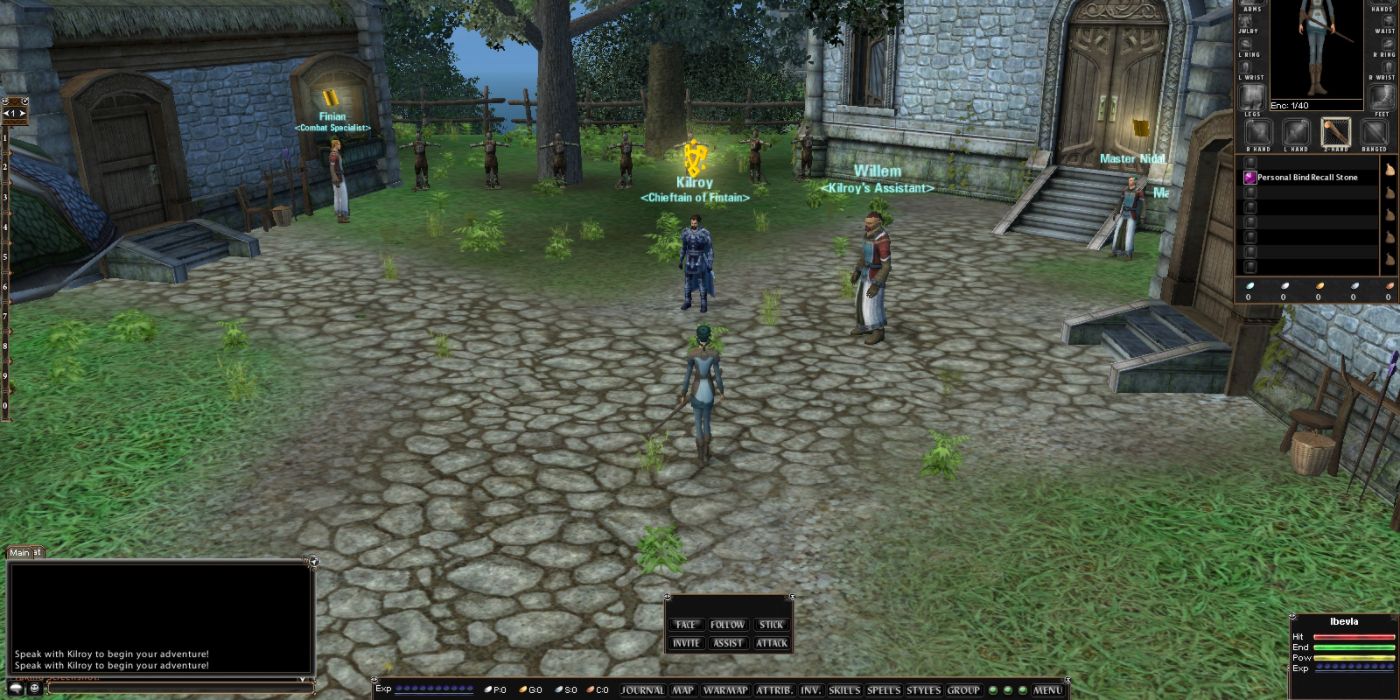Electronic Arts is the second-largest gaming company in America and Europe after Activision-Blizzard. They have been a prominent publisher and developer for many games since their start in 1982. Although they started as software artists, their first developed game, Skate Or Die!, was released in 1987. Their success was met with many harsh decisions however and has garnered a reputation for being cutthroat from a business perspective.
Among several controversies surrounding the company, one of the most negative things that became synonymous with the company is their mass layoffs, gaining acquisition of a development studio only for them to be shut down. Over the years, many independent studios were forced to close their doors shortly after being acquired by EA.
10 Pandemic Studios Shut Down Only After 2 Years With EA
Starting in 1998, Pandemic studios was founded by ex-CEO and the president of Activision: Andrew Goldman and Josh Resnick, respectively. The company had two offices in Los Angeles, California and Brisbane, Australia before moving the US office to Santa Monica. Eventually partnering up with BioWare in 2005, Pandemic would release the sequel to its most famous game, Star Wars: Battlefront, before their parent company, VG Holding Corp, would be acquired by EA.
From 2007 to 2009, many issues arose when developing their next Star Wars game as Lucas Arts could no longer work with the studio now that they belonged to EA. Working on a Dark Knight video game, Pandemic would face countless technical roadblocks that would lead to them canceling the $100 million project in 2008. This was followed up with the Brisbane office being shut down and eventually the entire studio after a 1,500 worker mass firing due to budget cuts for the company in 2009. EA would reboot the Battlefront series with developer DICE in 2015.
9 Bullfrog Productions Was Absorbed By EA UK In 2001
The company behind Populous, the game that defined the "God-game" genre, had their games published by EA since their start in 1987 until being acquired by the company in 1995. After many changes between presidents of EA, Bullfrog worked to develop sequels to their popular games such as Dungeon Keeper.
Not performing as well as they expected it to, Dungeon Keeper 2's sequel had more pressure on it but was eventually scrapped in favor of developing licensed Harry Potter games after negotiations with the author and New Line Cinema. Their fourth Populous game was also canceled and by 2001, their final game— Theme Park Inc.— would have most of the studio merged with EA UK mid-development and handled by a different company entirely before the entire studio merged with EA UK.
8 Origin Systems Had Their Harry Potter MMO Cancelled By EA Before Disbanding In 2004
Founded by brothers Richard and Robert Garriott, Origin Systems was created in 1983 and lasted for 21 years before disbanding in 2004. Their success over the years reached a peak after their game Ultima Online was released in 1997, and even had plans to make more MMORPGs like it.
After being bought by EA in 1992, Origin Systems had some hits and misses— with the most notable miss being Ultima IX in 1999 which led to EA cancelling all of their ongoing projects. This included the Harry Potter Online game they had planned and a direct sequel to Ultima Online. EA would disband Origin Systems in 2004, but the Origin name was still used for their own launcher and service for years to come.
7 NuFX Was Bought & Merged Within The Same Year
The studio behind the NBA Street games in the early-2000s had their start with the Atari Lynx port of the arcade hit Rygar in 1990. The company would be acquired by EA after working with them on NCAA March Madness and other popular series of theirs in 2004.
Their last released game would be Fight Night 2004 before being merged with EA Chicago. However, even EA Chicago wouldn't last long as they would be shut down only three years later in 2007 before being able to finish development on the ambitious Marvel fighting game and Def Jam sequel that were both in the works.
6 Playfish Lasted 6 Years Before Its Original Creators Left The Studio
The Facebook social gaming sphere was full of games developed by a handful of studios but among the most popular was Playfish in 2007. The company was known for their "social" games that were able to be played in a browser and make money off of in-game purchases. EA acquired the studio in 2009 and was able to share their IPs with the studio to make games such as The Sims Social and Madden NFL Superstars.
"Playfish cash" was among many of the ways the studio made money as its players could purchase pre-paid cards at local stores. In 2013, the four creators left the company and found success elsewhere by starting other companies and studios alike. By September of 2013, all the games were retired by EA and the studio shut down.
5 Headgate Studios Went From Making The Tiger Woods PGA Games To Making Hasbro Licensed Games
Headgate Studios was founded in 1992 and was well known for making the PGA games on Windows for a number of years before their purchase by EA. The studio changed hands before the purchase as Sierra On-Line first acquired Headgate Studios in 1996 before selling it back to founder Vance Cook in 1999.
Acquired by EA in 2006 after being their publisher for 6 years, EA renamed Headgate to EA Salt Lake. After the rename, EA Salt Lake released Madden NFL 2008 and Tiger Wood PGA Tour 08 before working almost exclusively on Nintendo, Hasbro, and Sims expansions. As their focus was shifted towards the mobile market in 2014, three years later the studio was shut down after many members moved on and Cook left the company in 2010.
4 Phenomic Game Development Made Great RTS Games Before Their Employees Were Laid Off In 2013
Spellbreak, the high fantasy RTS game, was among a few of the successful games made by Phenomic. Founded in 1997, Phenomic's first release wasn't until 2004 but they released the sequel game only two years after. EA acquired the studio quickly after the release of Spellbreak 2 in 2006 and renamed the studio to EA Phenomic.
Three more games were developed by a team of 60 people within the company including two browser games in Ultima and Command & Conquer: Tiberium Alliances. A little over a year later, EA laid off all 60 employees of Phenomic despite the success of their RTS browser games.
3 Westwood Studios Was Shut Down After Only One Bad Release
Westwood Associates was founded in 1985 but was renamed Westwood Studios in 1992 after merging with Virgin Games, which then was renamed Virgin Interactive Entertainment. Both studios were acquired by EA in 1998 after seeing much of the success in the Command & Conquer series. Both studios released a number of games, however after the poor release of Command & Conquer: Renegade in 2002, Westwood would be shut down in 2003.
Their last release was the MMORPG Earth & Beyond in 2002. Ex-employees of the studio would start Petroglyph Games, who ironically would later be employed by EA to work on the remaster of the Command & Conquer games in 2020.
2 DreamWorks Interactive Had An Extensive History Before Eventually Shutting Down
Led in part by Steven Spielberg, DreamWorks Interactive was brought to life in 1995. Creating a number of games, the most popular of them was the Medal of Honor games which were both published by EA. Shortly after the release of Medal of Honor: Underground in 2000, EA purchased DreamWorks Interactive in 2001.
They were then merged with two other studios to form EA Los Angeles and released more MoH sequels as well as Command & Conquer and James Bond games. In 2010 the studio would be renamed Danger Close Games and after much controversy following the release of MoH: Warfighter, they were shut down in 2013. Some staff would be moved to DICE to work on Battlefield titles.
1 Mythic Entertainment Made Several MMOs Before Merging With BioWare
Mythic Entertainment was the product of Adventures Unlimited Software Inc. merging with Interesting Systems Inc. in 1995. It was first known as Interworld Productions but changed its name in 1997, releasing several online games under the name. In 2001 they release Dark Age of Camelot, one of their most popular and best-selling games before being bought by EA in 2006 and developed Warhammer Online: Age of Reckoning.
In 2009, EA merged BioWare and Mythic to form BioWare Mythic and released Dragon Age II under their new name. Going back to their previous name, Mythic Entertainment released Dungeon Keeper and would be shut down following its bad reception.


